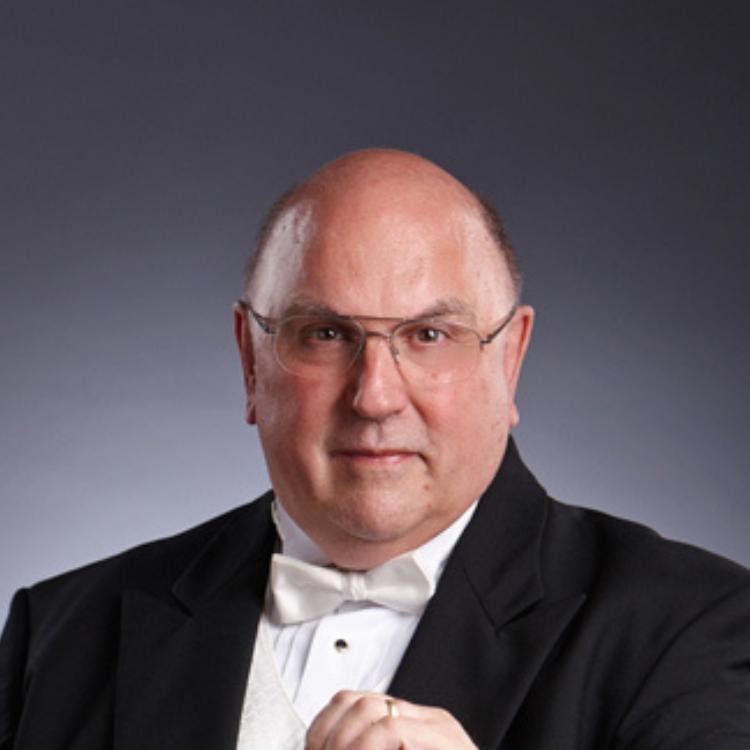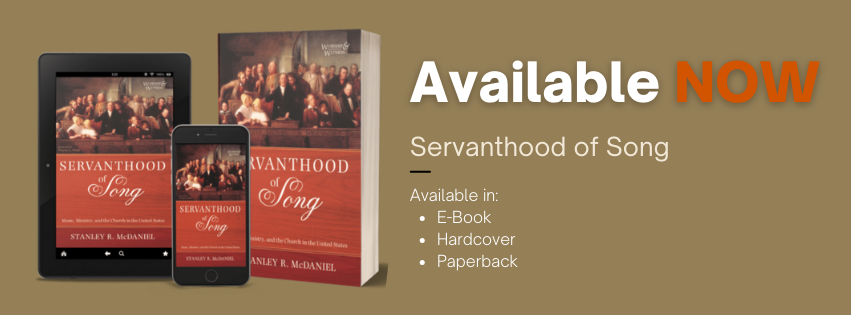Your cart is currently empty!

No. 2 – Music, Ministry, and Servanthood
First, a word of confession: I am a professional musician. There was a time in our history when that acknowledgement alone would cause churches to seriously question whether I was fit to work in God’s house. Yes, I am a professional musician. My bachelor’s and master’s degrees were in music education and vocal performance respectively – not church music. I have conducted orchestras and large choruses, sung professionally, and taught a range of musical subjects not related to work in the church, and have been a loyal member of the musician’s union. That being said, when I made the fateful decision to embark on a career in sacred music many years ago, I saw it as a profoundly serious faith commitment requiring prayer, study in areas not yet explored, and a wholly different perspective on my work. So yes, I am a professional musician and proud of it. I am also a church musician.
I titled my book, Servanthood of Song, because I believe music must be understood as a ministry of the church. All ministry is servanthood. All ministry is pastoral. A theme in American church music history which keeps appearing from the 1830s onward is the idea that music in the church must be viewed as ministerial. Unlike his or her secular counterpart, the church musician is equal parts musician, pastor, and teacher. In modern usage, when ministry is discussed, it is usually in reference to the ordained ministry. Individuals “set apart” so to speak by calling, training, and profession to witness and to shepherd their flock. Pope John Paul II touched on the pastoral servant role of ministers when he said:
In shepherding the flock and leading its worship, the priest lifts up to God and ennobles the Christian vocations of all the faithful, whose servant he is. It is important that priests be both “set apart” and “servants”, and that one be the condition of the other. If the priest is not clearly set apart, then he will not provide the service which the Church requires; and if he is not a true servant, he will end in a self-absorbed and sterile remoteness which is alien to an authentic shepherd. [1]
Ordained ministers are indispensable in providing needed leadership and an example of righteousness to their flocks. But viewing ministry as the exclusive provenance of the ordained does not square with the Gospels.
So Jesus called them and said to them, “You know that among the gentiles those whom they recognize as their rulers lord it over them, and their great ones are tyrants over them. But it is not so among you; instead, whoever wishes to become great among you must be your servant,” [Mark 10:42-43, NRSV]
The role of servant is central to any worship leader: priest, minister, lector, acolyte, choirmaster, organist, songleader, and so on.
Closely related is the Reformation concept of a “Priesthood of all Believers”. In 1520, Martin Luther wrote:
It has been devised that the Pope, bishops, priests, and monks are called the spiritual estate… This is an artful lie and hypocritical device… all Christians are truly of the spiritual estate, and there is no difference among them, save of office alone. As St. Paul says (1 Cor. xii.), We are all one body, though each member does its own work, to serve the others. This is because we have one baptism, one Gospel, one faith, and are all Christians alike; for baptism, Gospel, and faith, these alone make spiritual and Christian people. Thus we are all consecrated as priests by baptism, as St. Peter says: ‘Ye are a royal priesthood, a holy nation’ (1 Peter ii. 9)[2]
As a musician who has worked both in the church and the marketplace, I feel it is critically important to understand the difference in roles. Secular musicians and music teachers are needed in this world to inspire, educate, and entertain. Inspiring and educating are certainly an aspect of music ministry in the church, but the far more critical goal is to bring worshippers closer to Christ – to allow this wonderful, mystical gift of music to be a vehicle for the Holy Spirit.
Best wishes and Peace,
Stan McDaniel
[1] John Paul II (pope) “Address of the Holy Father to the Bishops of Canada in their ‘Ad limina’ Visit” September 25, 1999. The Vatican, Holy See Press Office Daily Bulletin. https://www.vatican.va/content/john-paul-ii/en/speeches/1999/september/documents/hf_jp-ii_spe_25091999_ad-limina-canada.html
[2] 3 Martin Luther, Address To The Nobility of the German Nation (1520). Tr. Buchheim. The Internet History
Sourcebooks Project, Fordham University. [ https://sourcebooks.fordham.edu/mod/luther-nobility.asp]

AUTHOR
Stan McDaniel
©2023 Stanley R. McDaniel, All Rights Reserved.
Copying or re-publication is expressly prohibited without direct permission of the author.


Leave a Reply